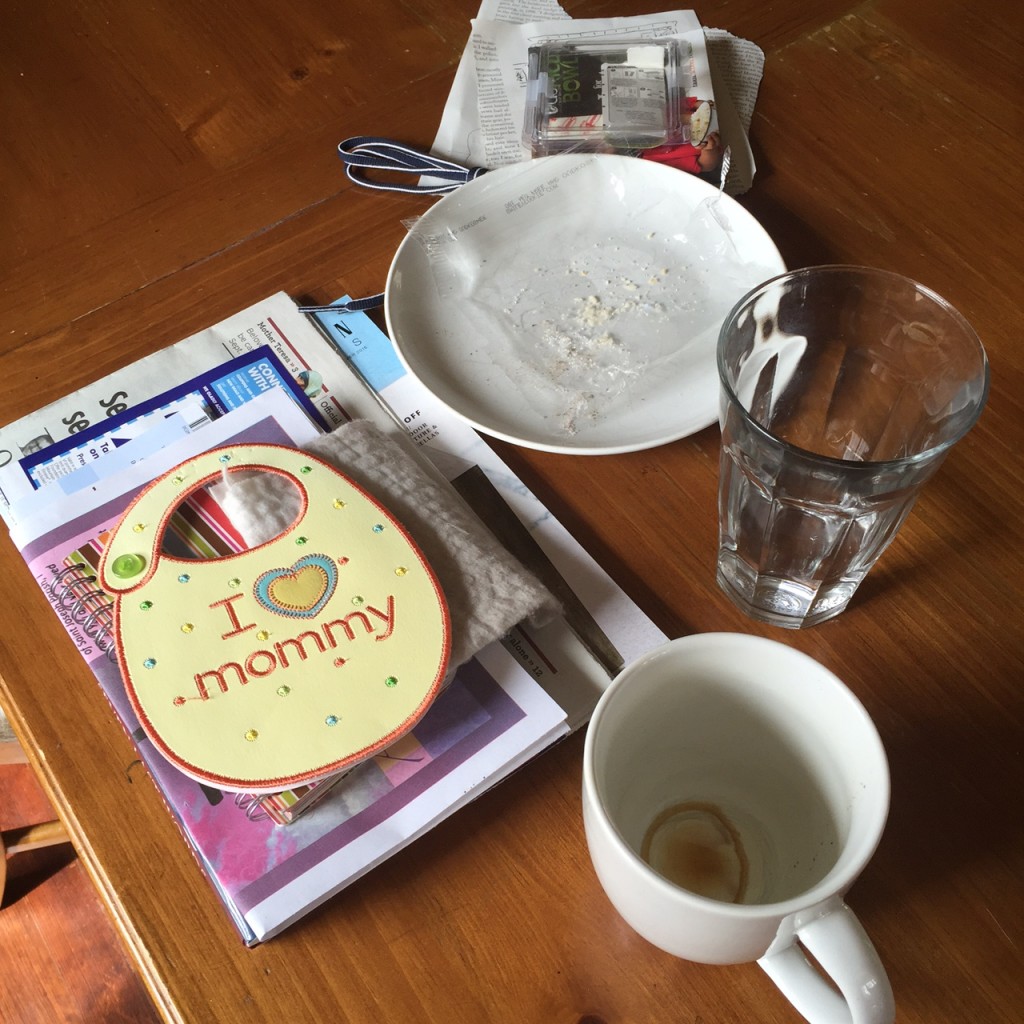
I love blogging because it allows me to share my ideas with my writing community in quick, readable chunks and get immediate feedback. Blogging should be low-stakes public writing, and maybe it was 20 years ago when it was mostly teenagers sharing their angst on Live Journal. But today there are professional bloggers with fancy websites and a team of graphic designers making them look good. Writers who regularly appear in the New Yorker are publishing on Medium. It feels like the bar for self-published online writing has been raised higher than I can ever hope to jump.
I put so much pressure on myself to make every blog post witty and smart and beautifully designed that I always fall short of my expectations and ultimately can’t sustain the effort for more than a few weeks. Then I pile on some more guilt making it harder to get back to writing. When I’m away from my blog for any length of time I feel the need to explain why, to have a good excuse as if I were late to work and about to be fired. I feel this pressure to resurface with something that’s the blog equivalent of the great American novel. And so I stay hidden longer because the pressure is too much.
Why can’t I just say “I’ve been away because life, because reasons, because shit happens. Why can’t I just say “I’ve been away and now I’m back.” Why put so much pressure on posting to my blog when I have no publisher, no deadlines, no money on the line? Where are these expectations coming from? Who’s setting them?
Part of this is my OCD, which makes me feel an intense sense of obligation to everyone including imagined blog readers. But it’s also about the way our culture defines what it means to be a writer. I’ve lost count of how many author profiles I’ve read that begin with some version of this idealized writing process: the writer gets up at 6, walks the dog, reads while drinking their coffee, and then heads out to their writing studio at 8 for four hours of writing. Then lunch, four more hours of writing, dinner, then more reading before bed. It’s always some version of this. I’m not sure when these idealized writers do laundry, buy groceries, pay bills, or even shower, but I’ll save that rant for a future post.
My point is, we think (even though we know better) that all successful writers have perfect, uninterrupted days of writing. We imagine them crafting sublime sentence after sentence for hours at a time. But how many times do they check Twitter? How much time is spent staring at the cracks on the ceiling or making another cup of tea? How many days are spent producing little to no writing no matter how much time they spend at their desk? The writing community touts the value of doing the work, but we don’t talk much about the fact that doing the work, more often than not, doesn’t result in publishable writing.
I have dozens of half finished blog posts. A whole folder of notes for my memoir. A third of that work will make it to readers if I’m lucky. And that’s OK because it’s part of the process. Being silent publicly while writing privately (or even not writing at all for a time) can be the process. We have to take time to dive into the wreck, to use words for ourselves, as tools to discover and shape our realities, to find out what’s broken and how it got that way. And sometimes we have to stay underwater for a long time before we resurface.
The technical ease of online self-publishing has sped up distribution but it hasn’t sped up the act of writing. I have been trying to make my writing process match the speed of the internet, and that is setting myself up for failure. In fact, for those of us without a team of people, blogging has placed extra burdens on us. We are our own web designers, photographers, editors, typesetters, and marketing teams. It’s easy to get caught up in concerns about creating a brand, SEO, and social media marketing. Did you know all your Instagram posts should use a consistent color palette and filter? Well, they should. And mine don’t. And they never will.
So, this post isn’t perfect. It might not even be mildly interesting, but it’s published. I have successfully resurfaced. My goal is to publish a post every week, but the bigger goal is stop grasping at perfection, to stop feeling guilty if I skip a week. To rediscover the joy of writing, the pleasure that blogging should be.
I’m back. Did you miss me?
